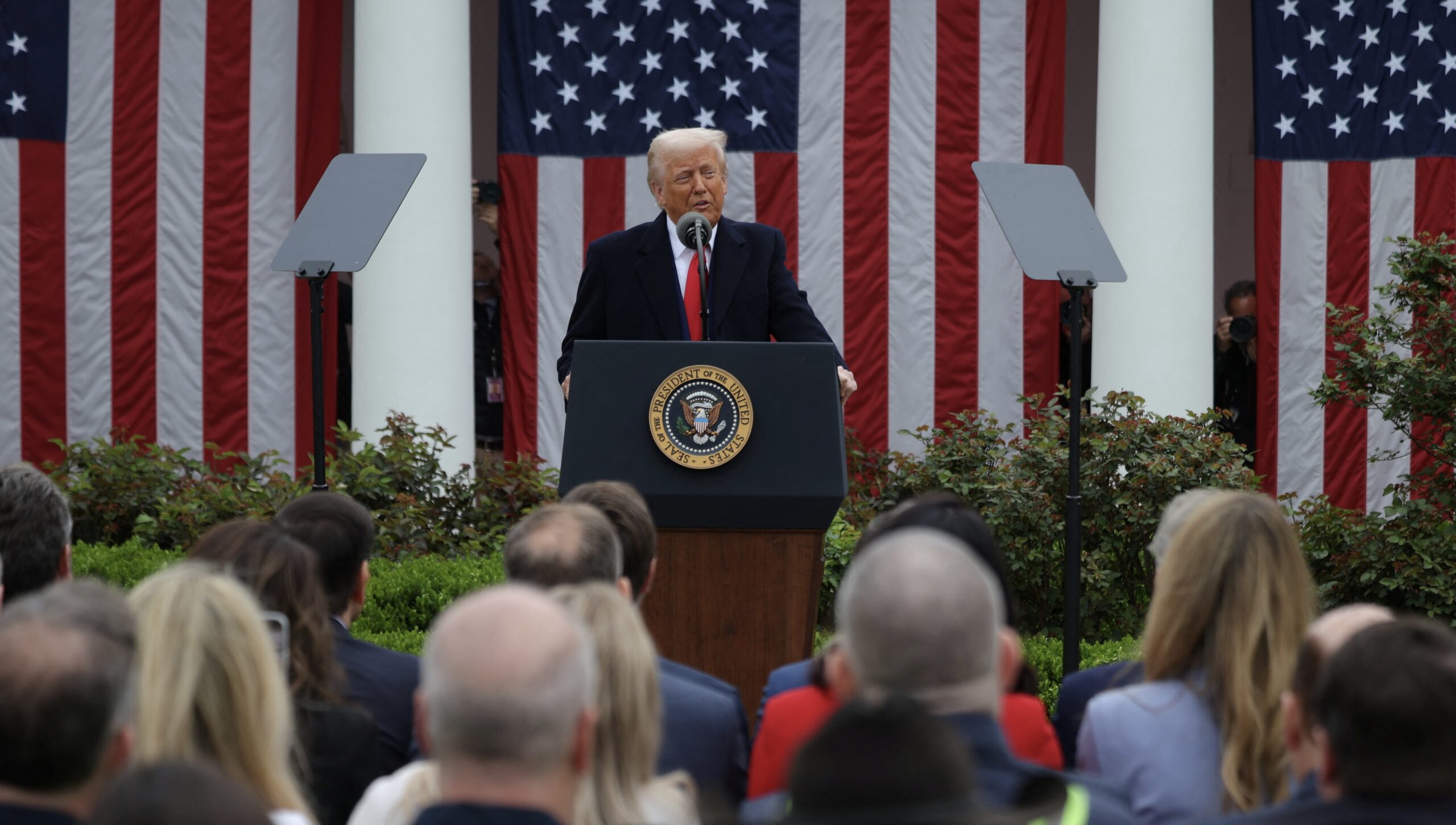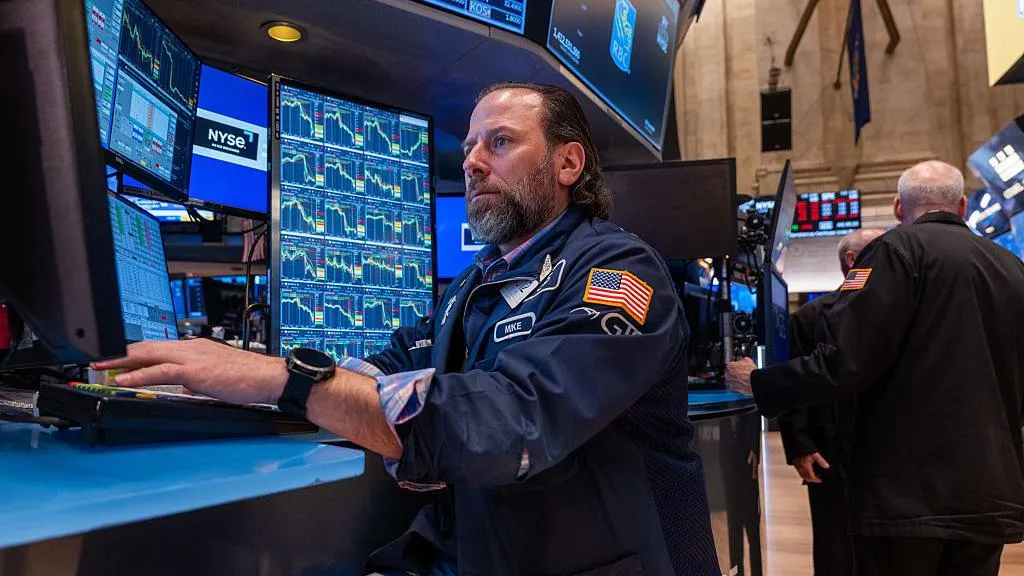Global Trade Uncertainty
"[Businesses should] suspend [investments in the U.S. pending talks with the Trump administration, after a] brutal and unfounded 9decision in announcing its raft of tariffs against other countries].""Because what would be the message of having major European players investing billions of euros in the American economy at a time when they're hitting us?"French President Emmanuel Macron"If Trump really imposes high tariffs, Europe will have to respond, but the paradox is that the EU would be better off doing nothing.""On the other hand, Trump seems to understand only the language of force, and this indicates the need for a strong and immediate response.""Probably the hope, in Brussels, is that the response will be strong enough to induce Trump to negotiate and, soon, to backtrack."Matteo Villa, senior analyst, Institute for International Political Studies, Italy
 |
| Atlantic Council |
Dismay
spread across the world of commerce and trade at U.S. President Donald
Trump's sweeping new tariffs, shocking governments amidst threats of
retaliation and calls for negotiations rescinding the new import taxes
on goods globally. A tense world, anticipating that the American
President would proceed with his threats of imposing stiff tariffs
widely across the world, but hoping against hope he might set aside the
clearly trade-antagonistic agenda he has been toying with, were shocked
at the magnitude of the Wednesday tariff scheme.
Not
all countries hard hit by the imposition of trade-crippling tariffs
were eager to threaten retaliation; there were also calls for
negotiations in hopes that -- the mercurial American president's
sentiments on making other countries pay for what he counselled
Americans was a 50-year rip-off of the American consuming public -- he
would vacillate and withdraw his aggressive agenda in response to
reasoned arguments.
The
shock of universally applied import taxes that ranged from 10 to 54
percent which Mr. Trump characterized as 'getting back' at the steep
tariffs other countries had imposed for decades on American products
would result in factory jobs returning to the United States. "Taxpayers have been ripped off for more than 50 years. But it is not going to happen anymore", he said, with finality. "There
are no winners in trade wars and tariff wars, and protectionism is not a
way out ... It is clear to everyone that more and more countries are
opposing the U.S.'s unilateral bullying actions", was the return message from Chinese Foreign Ministry spokesperson Guo Jiakun.
A
key exporter to the United States, of all manner of products from
clothing to kitchenware, China announced a raft of retaliatory measures
that would certainly raise prices for its merchandise to American
consumers. France is prepared to see its wines and spirits, food
industry, cosmetics, health, metals and aircraft impacted. Little can be
gained, according to analysts, from an all-ut trade war, for any
country, including the U.S. Higher tariffs have the potential to lower
growth and raise inflation.
 |
| Stock market turmoil deepened on Friday, as China hit back at tariffs announced by US President Donald Trump, raising the likelihood of an extended trade war and damage to the global economy. Getty Images |
It
is the companies in the United States that buy goods to sell to
Americans who pay the tariffs, aka taxes. And they are then left with
the dilemma of whether they should absorb the additional costs, or to
pass them on to consumers in higher prices. "He's not going to back off", warned Commerce Secretary Howard Lutnick. "This is the reordering of global trade". Deals can be possible "only if these countries can change everything about themselves, which I doubt they will".
As
the European Union prepares its response, rumours of a tax imposed on
American digital giants Google, Apple, Meta, Amazon and Microsoft
advocated by France, have been in circulation. "Nobody wins in a trade war, that is not in our national interest." The U.K. government would react with "cool and calm heads", noted British Prime Minister Kier Starmer.
The U.S. had been adjusted to an average tariff of 25 to 30 percent, the "worst end of expectations", the highest since the early 20th Century, observed Deutsche Bank's Jim Reid, of the "radical policy reordering".
Reflected by radically jolted financial markets, with oil prices
sinking more than $2 a barrel, in response to the global trade
uncertainty.
 |
| Behind a television monitor showing U.S. President Donald Trump, the display board with the Dax curve shows falling share prices, in Frankfurt, Germany, on Thursday, after the tariff package announced by Trump has pushed share prices sharply into negative territory. (Arne Dedert/dpa/The Associated Press) |
"This is a game chamber, not only for the U.S. economy but for the global economy.""Many countries will likely end up in a recession."Olu Sonola, Fitch Ratings' head, U.S. Economic Research
Labels: Global Trade Uncertainty, Punishing Tariffs, Recession, Retaliatory Tariffs, Threats, U.S. President Donald Trump

<< Home